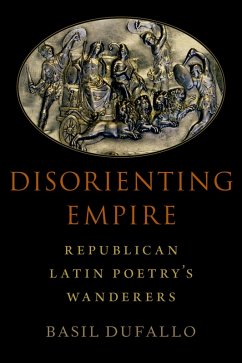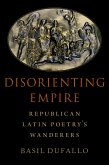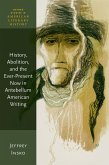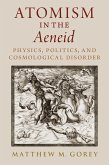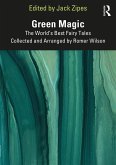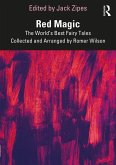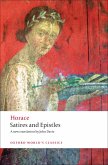Disorienting Empire is the first book to examine Republican Latin poetry's recurring interest in characters who become lost. Basil Dufallo explains the prevalence of this theme with reference to the rapid expansion of Rome's empire in the Middle and Late Republic. It was both a threatening and an enticing prospect, Dufallo argues, to imagine the ever-widening spaces of Roman power as a place where one could become disoriented, both in terms of geographical wandering and in a more abstract sense connected with identity and identification, especially as it concerned gender and sexuality. Plautus, Terence, Lucretius, and Catullus, as well as the "triumviral"
Horace of
Satires, book 1, all reveal an interest in such experiences, particularly in relation to journeys into the Greek world from which these writers drew their source material. Fragmentary authors such as Naevius, Ennius, and Lucilius, as well as prose historians including Polybius and Livy, add depth and context to the discussion. Setting the Republican poets in dialogue with queer theory and postcolonial theory, Dufallo brings to light both anxieties latent in the theme and the exuberance it suggests over new creative possibilities opened up by reorienting oneself toward new horizons, new identifications-by discovering with pleasure that one could be other than one thought. Further, in showing that the Republican poets had been experimenting with such techniques for generations before the Augustan Age,
Disorienting Empire offers its close readings as a means of interpreting afresh Aeneas' wandering journey in Vergil's
Aeneid.
Dieser Download kann aus rechtlichen Gründen nur mit Rechnungsadresse in A, B, BG, CY, CZ, D, DK, EW, E, FIN, F, GR, HR, H, IRL, I, LT, L, LR, M, NL, PL, P, R, S, SLO, SK ausgeliefert werden.

